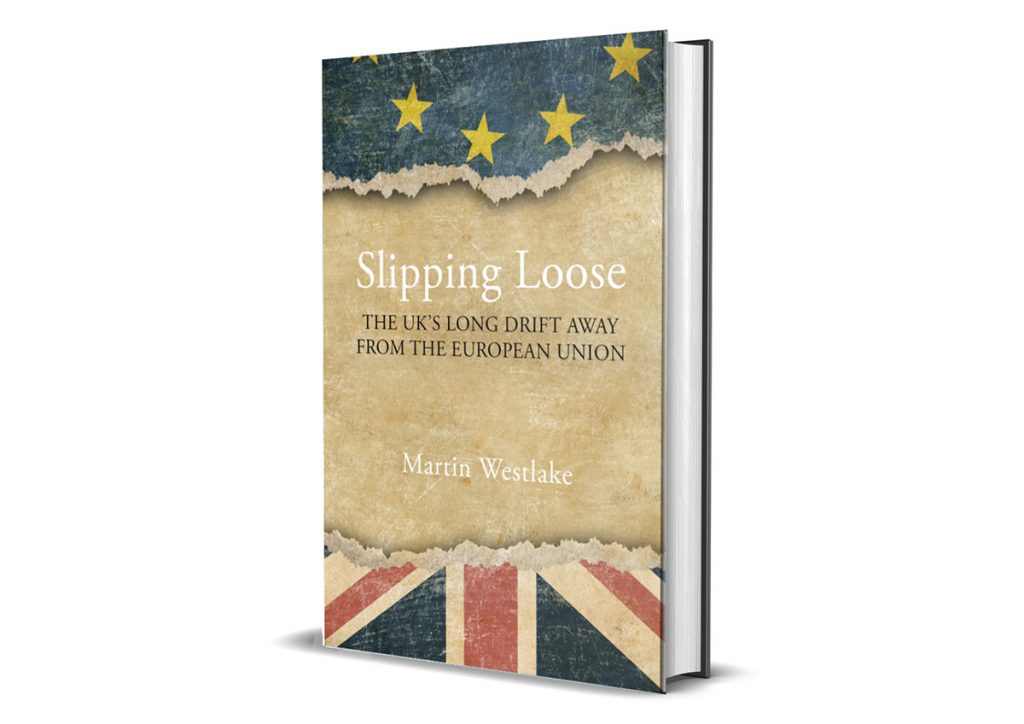EU-UK free trade talks will open the way for a bigger debate on the parties' long-term relationship, writes Martin Westlake. The EU will have to recognise the UK’s exceptional status and the UK will have to accept it cannot completely escape the pull of the EU’s internal market. What that means is a continued important role for the UK to play in Europe
The current EU-UK trade talks will go to the wire. Both sides need to be seen to win. In a version of ‘prisoners’ dilemma’, the negotiators know some sort of deal, however thin, would be better, but each side is uncertain how far the other is prepared to go, and might end up preferring the certainties of a ‘no deal’, even though that would be far more damaging.
Both are bluffing, and not just about immediate economic damage. Were the UK to start trading on WTO rules alone (the ‘Australian model’), the later negotiation of a trade deal would be more fraught, especially in the absence of a ‘definitive’ deadline. Those negotiations would take place in a recriminatory atmosphere and would be further soured as people on both sides of the Channel lost their jobs and their livelihoods.
Beyond those considerations, however, there is a greater prize at stake: the longer-term relationship. Even if the politicians are not yet aware of it, the trade deal is but a first step.
The UK wants to be able to diverge from the EU (otherwise, what was the point of Brexit?) but knows it has to stay close to its largest market and trading partner all the same. Ideally, it would like the impossible – untrammelled trade with the EU’s Internal Market, without being a Member State.
Ideally, the UK would like the impossible – untrammelled trade with the EU’s Internal Market, without being a Member State
Initially baffled by the UK’s seemingly perverse insistence on sawing off the Internal Market branch on which it was sitting (and which it had done so much to create), the EU has sought to limit the UK’s potential divergence and attendant disruption as much as possible. The EU has a vested interest in the UK remaining a strong economy and trading partner but cannot countenance the UK enjoying the same Internal Market rights as an EU Member State (otherwise, what would be the point of EU membership?).
There is a middle ground. From the EU’s point of view, that means at the least creating a sheet anchor that will slow down the British economy’s drift away into buccaneering waters, primarily through level playing field provisions and a viable dispute resolution mechanism. Fishing rights are mere negotiating tokens. The queen on the board is, as it always has been, the Internal Market. From the UK’s perspective, conservation of the right to diverge and concomitantly of the right not to converge, no matter if ringed with conditional language, would be considered a significant gain.
But whether or not a deal is done, it is self-evidently the UK’s longer-run relationship with the EU that will matter the most. There will be no EU gloating when the UK’s economy suffers (as it will have to, at least in the shorter term). The EU will hope, rather, for the swiftest re-establishment of a stable, coherent and constructive relationship with one of Europe’s most important economic and political actors. Its behaviour will not be based on sentiment but, rather, on hard-headed realism about the best way forward in a world where, in real and relative terms, Europe is beginning to shrink.

The basis for such a longer-term relationship requires understanding on both sides. First, the EU must accept that the UK is truly exceptional – because of its geography, its history, its constitutional arrangements, the size of its economy, the City, its independent nuclear deterrent, its permanent seat at the UN Security Council, and so on. And the EU needn’t worry, as it understandably did in 2016, about the UK setting a bad example, for none of the current 27 Member States is thinking seriously about leaving.
the UK must accept that it will never entirely escape the gravitational pull of the EU’s Internal Market
Second, the UK must accept that it will never entirely escape the gravitational pull of the EU’s Internal Market. As Anu Bradford has empirically demonstrated in a recent study, The Brussels Effect: How the European Union Rules the World, the EU has become a trade and regulatory giant, setting the rules of the game for much of world commerce. The UK has, she observes, effectively swapped rule-making for rule-taking, and it will have to acknowledge that reality sooner or later.
In my recent Outside the EU: Options for Britain, a series of experts examine existing models of EU relations with ‘third countries’, with a view to understanding how they might be relevant to a new, longer-term relationship between the UK and the EU. What they show is that the EU is far from monolithic, and the system’s elasticity enables it to ‘tolerate’ the idiosyncratic requirements of European countries around it, from Switzerland through to Ukraine.
the EU is far from monolithic, and the system’s elasticity enables it to ‘tolerate’ the idiosyncratic requirements of European countries around it, from Switzerland to Ukraine
Given the UK’s sui generis political system, the tactical imperatives of short-term electoral cycles will always be in potential contradiction with the longer-term strategic imperatives of visionary statecraft; that is how we ended up with Brexit in the first place (see my Slipping Loose: The UK’s Long Drift Away from the European Union).
Nevertheless, the task for UK policymakers now is to generate a strategic vision about the country’s future role in Europe. As Pascal Lamy, former EU Trade Commissioner and WTO Director, writes in Outside the EU, ‘I remain convinced not only that the UK will remain a part of the European dream but that it must.’